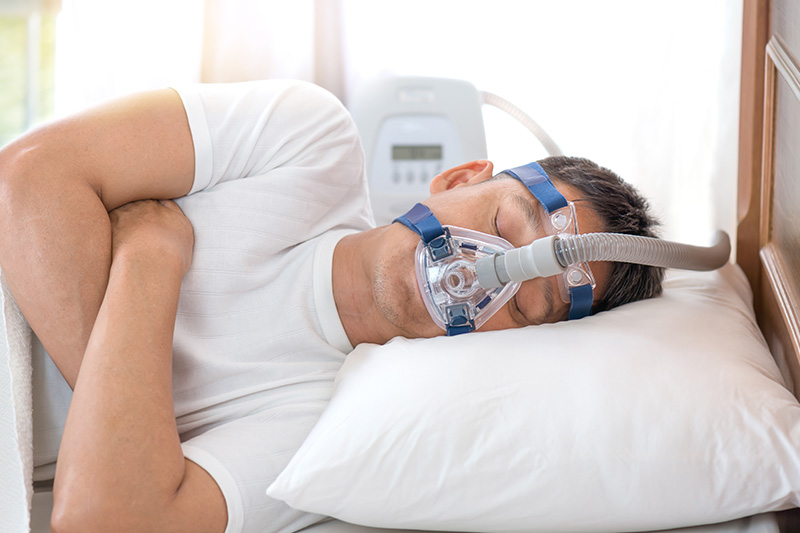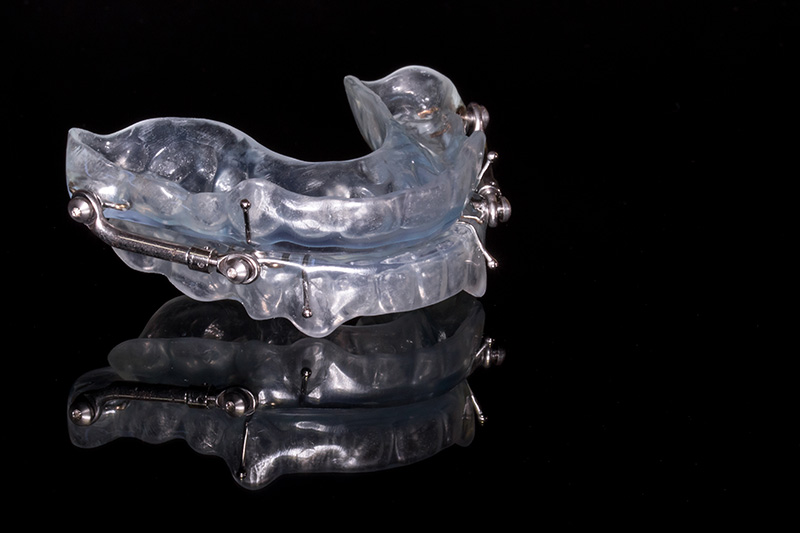Snoring
Snoring is a common problem that affects people of all ages. It occurs when the flow of air through the mouth and nose is partially blocked during sleep, causing the surrounding tissues to vibrate and produce the sound of snoring.
While snoring may not always be a serious issue, it can be a sign of an underlying health problem, such as sleep apnoea. Sleep apnoea is a sleep disorder that occurs when a person’s breathing is repeatedly interrupted during sleep. This can lead to a number of health problems, including high blood pressure, heart attack, and stroke.

There are several factors that can contribute to snoring, including obesity, alcohol consumption, smoking, and certain medications. In addition, certain sleeping positions, such as sleeping on your back, can also increase the risk of snoring.
To help prevent snoring, it is important to maintain a healthy weight, avoid alcohol and tobacco products, and get enough sleep. Sleeping on your side or using a humidifier can also help to reduce the severity of snoring.

If you are concerned about your snoring, it is important to speak with a healthcare professional. They can help to determine the cause of your snoring and recommend treatment options that may be appropriate for you.
Treatment options for snoring will depend on the underlying cause of the problem. In some cases, lifestyle changes, such as losing weight and quitting smoking, may be enough to reduce or eliminate snoring.

Other treatment options for snoring may include:
Continuous positive airway pressure (CPAP) machine: This is a common treatment option for those with sleep apnea, a sleep disorder that causes repetitive interruptions in breathing during sleep. The CPAP machine helps to keep the airway open by delivering a steady stream of air through a mask worn over the nose or mouth.

Surgery: In some cases, surgery may be recommended to treat snoring. There are several different types of surgery that may be used, including uvulopalatopharyngoplasty (UPPP), which removes excess tissue from the throat, and laser-assisted uvulopalatoplasty (LAUP), which uses a laser to remove excess tissue.

Oral appliance: An oral appliance, such as a mandibular advancement device, is worn in the mouth and helps to keep the airway open. It works by bringing the lower jaw forward and holding it in place, which helps to prevent the collapse of the tongue and soft palate.

Lifestyle changes: Making changes to your lifestyle, such as losing weight, quitting smoking, and avoiding alcohol, can help to reduce or eliminate snoring.
